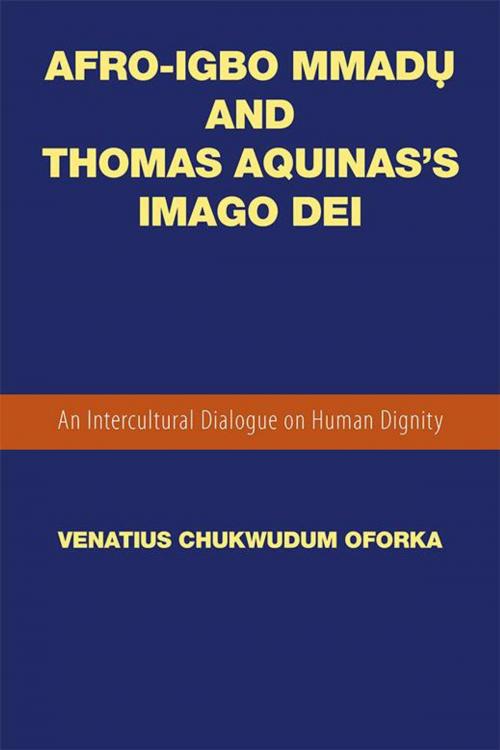Afro-Igbo Mmad? and Thomas Aquinas’S Imago Dei
An Intercultural Dialogue on Human Dignity
Nonfiction, Social & Cultural Studies, Political Science, International| Author: | Venatius Chukwudum Oforka | ISBN: | 9781524500481 |
| Publisher: | Xlibris US | Publication: | June 25, 2016 |
| Imprint: | Xlibris US | Language: | English |
| Author: | Venatius Chukwudum Oforka |
| ISBN: | 9781524500481 |
| Publisher: | Xlibris US |
| Publication: | June 25, 2016 |
| Imprint: | Xlibris US |
| Language: | English |
In our modern and globalised world, the concept of human dignity has gained a haloed status and plays a decisive role in assessing the moral integrity of every human being. It provides a necessary foundation for the on-going human rights struggles. For the idea of human dignity ensures that our ever-growing complicated world wears a human face and that human beings are respected as absolute values in themselves. Afro-Igbo Mmad? and Thomas Aquinas' Imago Dei: An Inter-cultural Dialogue on Human Dignity attempts to expand the discourse on the concept of human dignity, which appears to have been parochially founded on the principles of Western cultures and ideologies. To deparochialise this discourse, it proposes an inter-cultural dialogue towards establishing common principles that define the foundation of human dignity, even when the approaches of diverse cultures to this foundation differ. The Afro-Igbo Mmadu and Thomas Aquinas' Imago Dei is, therefore, a model of such inter-cultural dialogue. It hosts a profound dialogue between the concept of Mmad? among the Igbo people of eastern Nigeria (Africa) and the concept of Imago Dei according to Thomas Aquinas of western European culture. The study discusses the rich values in these cultural concepts and acknowledges them as veritable tools for establishing human dignity as a universal and inalienable character of human beings. It, nonetheless, highlights the low points in these cultures that are discordant with this universal and inalienable character. The dialogue establishes that these two cultures could complementarily enrich one another and in this way mutually augment their shortcomings towards a more globalised and reinforced foundation of human dignity and the defence of the dignity of every individual human being.
In our modern and globalised world, the concept of human dignity has gained a haloed status and plays a decisive role in assessing the moral integrity of every human being. It provides a necessary foundation for the on-going human rights struggles. For the idea of human dignity ensures that our ever-growing complicated world wears a human face and that human beings are respected as absolute values in themselves. Afro-Igbo Mmad? and Thomas Aquinas' Imago Dei: An Inter-cultural Dialogue on Human Dignity attempts to expand the discourse on the concept of human dignity, which appears to have been parochially founded on the principles of Western cultures and ideologies. To deparochialise this discourse, it proposes an inter-cultural dialogue towards establishing common principles that define the foundation of human dignity, even when the approaches of diverse cultures to this foundation differ. The Afro-Igbo Mmadu and Thomas Aquinas' Imago Dei is, therefore, a model of such inter-cultural dialogue. It hosts a profound dialogue between the concept of Mmad? among the Igbo people of eastern Nigeria (Africa) and the concept of Imago Dei according to Thomas Aquinas of western European culture. The study discusses the rich values in these cultural concepts and acknowledges them as veritable tools for establishing human dignity as a universal and inalienable character of human beings. It, nonetheless, highlights the low points in these cultures that are discordant with this universal and inalienable character. The dialogue establishes that these two cultures could complementarily enrich one another and in this way mutually augment their shortcomings towards a more globalised and reinforced foundation of human dignity and the defence of the dignity of every individual human being.















